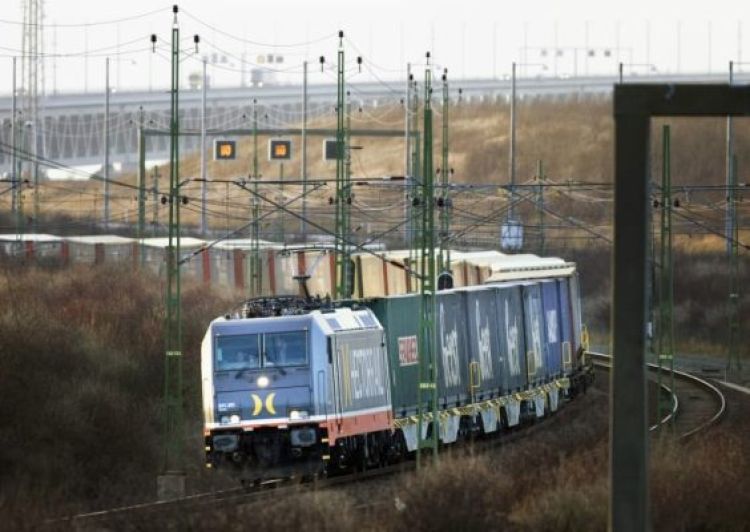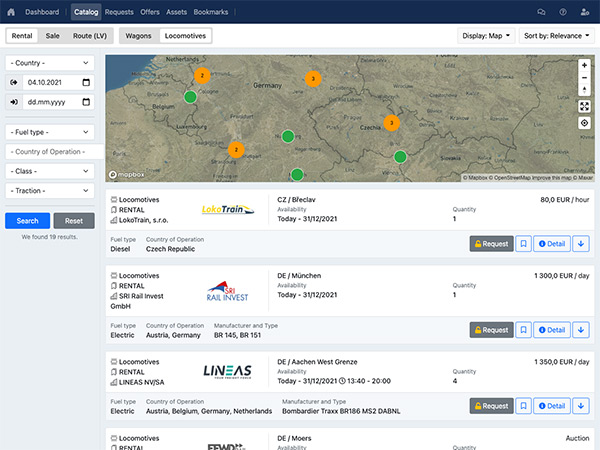In Sweden, the ambition to shift towards more energy-efficient modes of transport is a key component of meeting the European Union's stringent climate targets. Despite longstanding intentions to enhance the capacity and efficiency of rail freight systems, industry insiders report minimal progress in achieving these goals.
As societal demands for logistics continue to grow, and with an annual increase in goods transportation, the EU and Sweden emphasize the importance of investing in low-emission transport options. However, challenges such as infrastructure limitations, which result in bottlenecks, and rising track fees, rendering rail an increasingly expensive option for freight, have been cited. The expected 37% increase in the rail usage fee in Sweden next year is likely to squeeze the already tight margins further, Hector Rail emphasizes.
Scheibe suggests that a larger portion of current transport could and should shift to rail, provided that the conditions change. This could involve relatively inexpensive investments that could quickly increase volumes, such as removing bottlenecks by extending sidings or strengthening bridges and prioritizing maintenance. However, cost increases and persistent bottlenecks seem to contradict the objectives of climate initiatives.
Additionally, the freight rail sector has faced uncertainties with the delayed implementation of new digital systems. These systems require significant investments from individual companies, but their introduction has been slow. The new train planning system by the Swedish Transport Administration (Trafikverket), intended to increase flexibility through ongoing planning instead of fixed timetables, has faced implementation issues, leading to inefficiencies and delays throughout 2023. Scheibe highlighted the impact on the private operators, suggesting that more inclusive involvement of industry organizations and rail freight operators could have improved the situation.
The delayed rollout of the European Train Control System (ETCS), part of the European Railway Traffic Management System (ERTMS), also poses challenges. Although ETCS aims to facilitate cross-border freight traffic, its slow implementation in Sweden has raised concerns. Significant investments made by freight operators to equip locomotives for the system may become redundant if the system's full adoption is delayed until as late as 2070, Hector Rail highlights.
Despite these challenges, there remains a fundamental optimism towards the potential improvements these new systems could bring to the industry. However, the pace of addressing capacity issues and implementing new technologies is frustratingly slow for stakeholders, impacting not just the companies and their customers but also the rail sector's potential contribution to climate change mitigation, concludes Scheibe.

